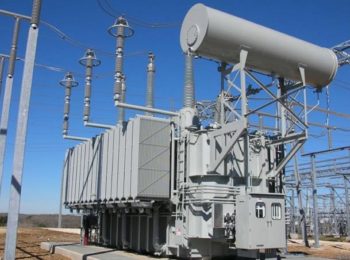
Nigeria is focused on diversifying power supply and ensuring its stability before pouring money into a creaking transmission system, a government minister told Reuters.
Minister of Information Lai Mohammed said that while Nigeria had already increased power generation to the point that its transmission system could not handle all of it, it was crucial to increase the mix of power sources and ensure reliability.
“We see the need to increase the mix,” Mohammed said, adding that out of the West African country’s 13 generating companies three were hydroelectric and the rest mainly gas.
“Our road map is really along the line of: first, measure power; then, stabilise power; and finally, repair,” he said.
Frequent power outages and unreliable supply are a brake on growth in Africa’s largest economy, although Mohammed said recent increases in power generation had helped to pull the country out of a recession caused by lower oil prices.
He said the government expected power generation to reach 7,000 megawatts (MW) this year, up from 2,690 MW in 2015.
Transmission capacity is 6,700 MW, up from roughly 5,000 MW in 2015, but still not enough to handle the power generated.
Mohammed said 1.2 trillion naira ($3.9 billion) of investments in infrastructure last year, 20 billion of which was focused on power, showed the government’s commitment to improving supplies for a country of around 186 million people.
However, output plunged to around 1,400 MW in May last year due to militant attacks that cut off gas supplies, highlighting the vulnerability of the system.
Mohammed said a $5.8 billion deal to build the 3,050 MW Mambilla hydroelectric plant, and purchase agreements with 14 solar companies for 1,300 MW of power, were part of the government’s diversification drive.
He added it was also working to address complaints from some gas and power suppliers about not getting paid.
“There was a liquidity problem in the gas area. The gas producers were not being paid,” he said. “We made this intervention, we call it the payment assurance agreement. If you supply gas, we will pay it. And if you supply power, we will pay it. It’s kind of a bridging arrangement.”
With regards to oil, Mohammed pointed to last year’s deal for the government to pay $5.1 billion of debt to oil companies, which also included a restructuring of the so-called “cash call” system to prevent future debt from accumulating. That could help the companies raise money to upgrade Nigeria’s ageing pipelines, which have held back oil production.
“With the new agreement, the oil company as an entity can access foreign funds,” he said, adding the deal would “make the industry attract more infrastructure development.”